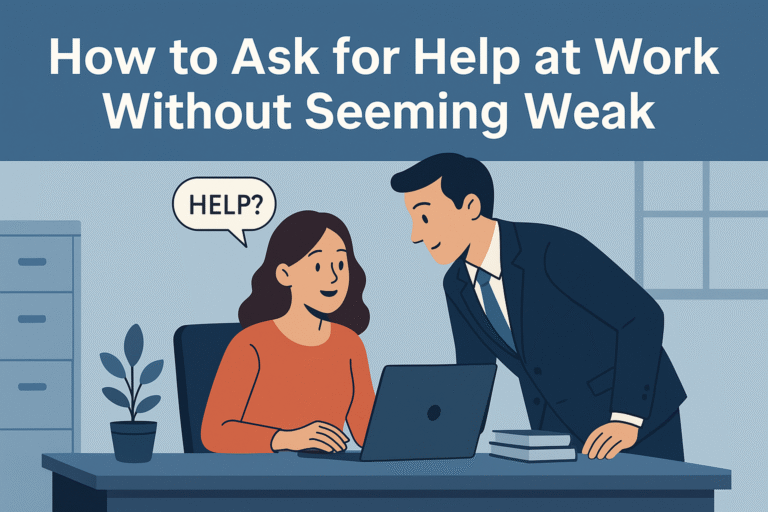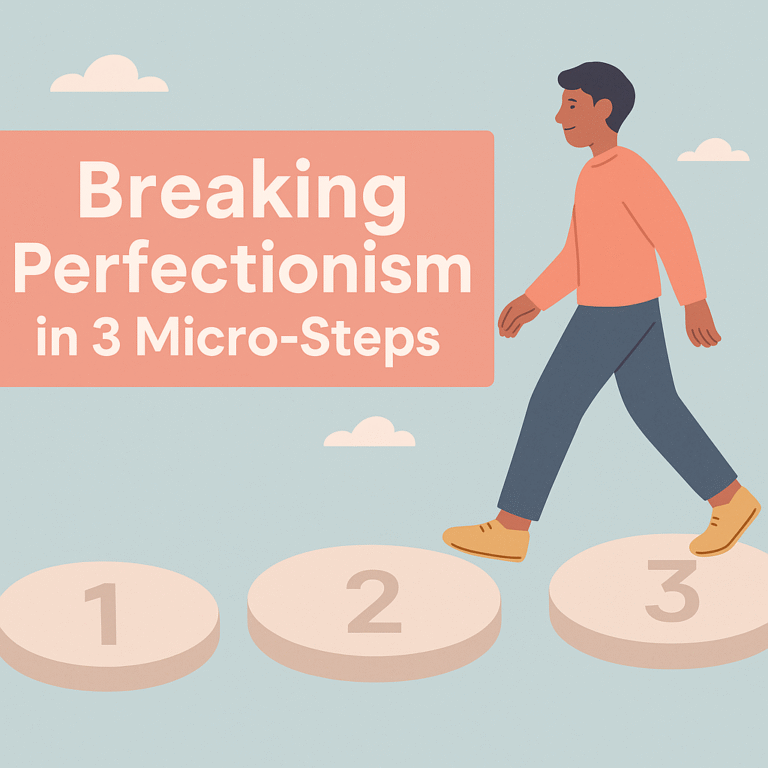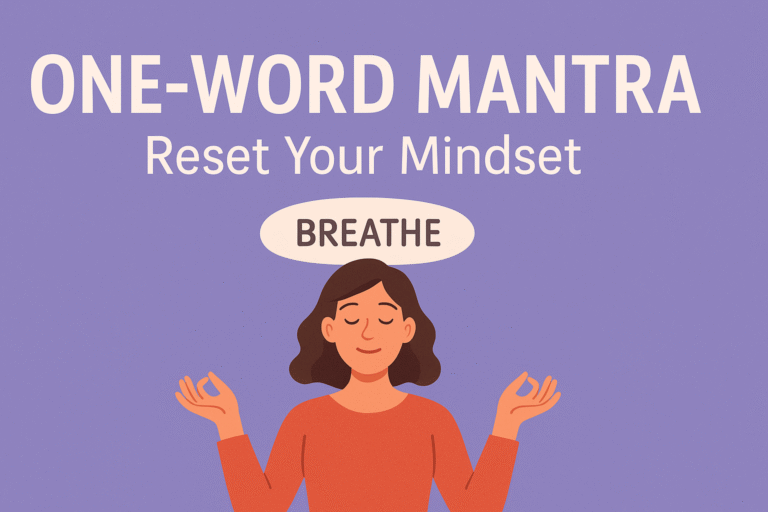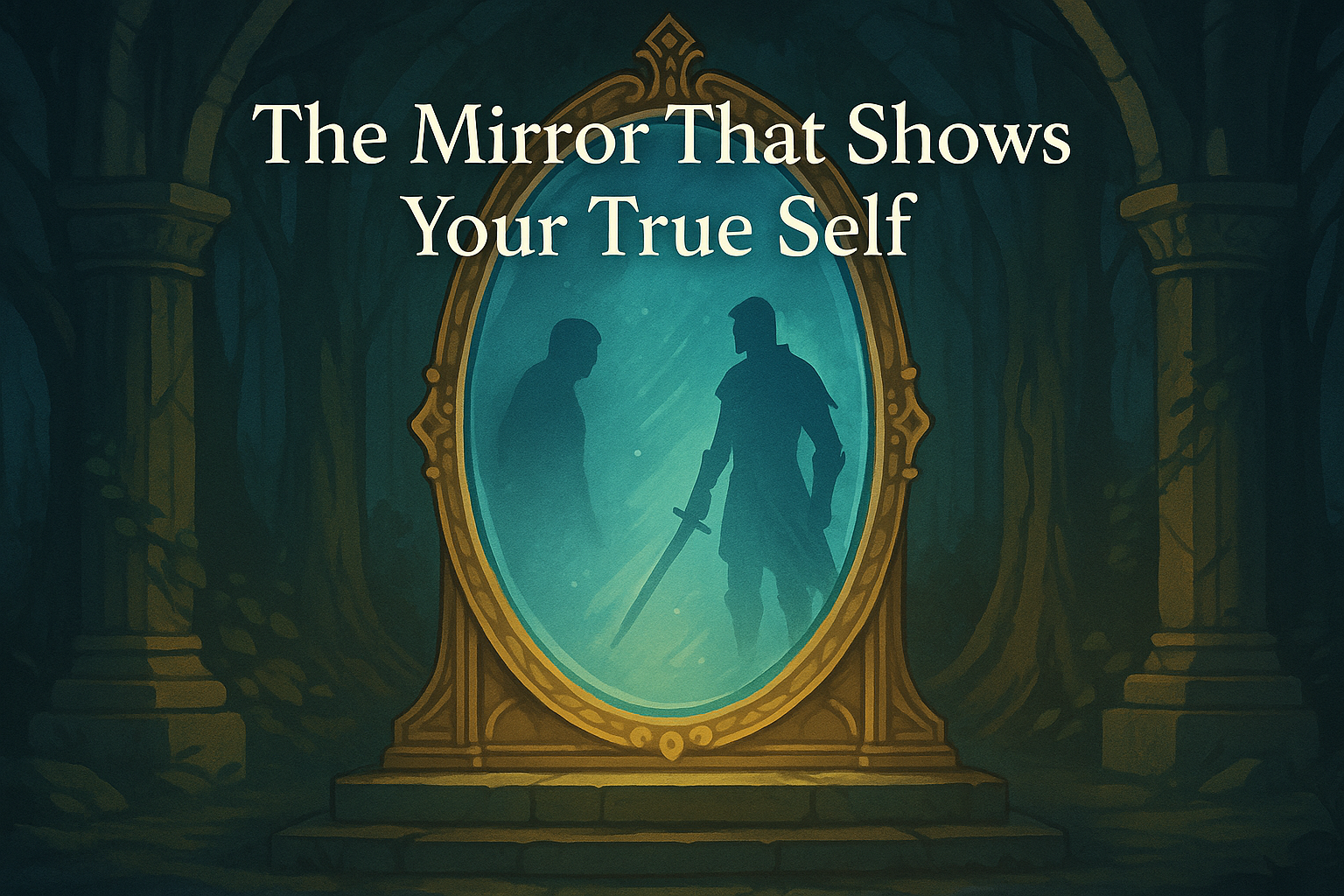Dopamine Explained: How This Brain Chemical Influences Motivation, Mood, and Addiction
Hello, my friend. Thank you for choosing our page, Read And Reflect.
Dopamine and the Role It Plays
Today, we’re diving into something that quietly shapes your mood, behavior, and daily choices: dopamine, the brain’s powerful motivator. This post will help you understand the psychology behind why you feel suddenly motivated, excited, or even empty at times
Because sometimes, knowing what you are is the first step to truly understanding yourself.
What Is Dopamine?
Dopamine is a neurotransmitter, which means it’s a chemical messenger that travels between neurons in your brain. Its main job? To help you anticipate and seek out rewards.
Whether it’s a slice of cake, a compliment, or a goal you’re working toward — dopamine is the signal that tells you, “Go for it!”
Some people call it the “feel-good” chemical, but more accurately, it’s the “do-something” chemical — the force that gets you to take action, move forward, and stay curious. In fact, it’s one of the reasons we humans have survived and evolved.
What People Often Get Wrong About Dopamine
It’s a common myth that dopamine is just about pleasure. But here’s the truth:
Dopamine is about anticipation, not fulfillment.
Yes, it makes you excited and enthusiastic about reaching a goal — but once you actually get the reward, the dopamine rush fades… fast. That’s why people often feel disappointed after achieving something they worked so hard for.
You don’t get lasting satisfaction — you get a brief high. Then your brain starts scanning for the next thing.
So while dopamine drives action, it doesn’t give you peace. It’s not the key to long-term happiness — and in many cases, it can pull you into an exhausting cycle of chasing rewards but never feeling fulfilled.
How Dopamine Works in the Brain
Let’s simplify the process:
- Trigger
You experience or expect something rewarding (like tasty food or recognition). - Production & Release
Dopamine is made in the ventral tegmental area (VTA) and released into parts like the nucleus accumbens and prefrontal cortex — areas linked to motivation, emotion, and decision-making. - Signal Transmission
Dopamine binds to receptors in the brain, sending a “reward” signal that activates neural circuits. - Effect
You feel motivated, excited, or satisfied — which encourages you to repeat that behavior. - Memory & Learning
Your brain remembers the reward path. In the future, even thinking about the reward can trigger dopamine. This is anticipatory dopamine release.
Benefits of Dopamine (When Balanced)
Dopamine is essential for:
- Motivation – It fuels your drive to chase goals.
- Focus – Helps you concentrate and stay committed.
- Learning – Reinforces habits and rewards useful behavior.
- Pleasure & Enjoyment – It adds excitement to life’s positive moments.
- Growth & Ambition – Encourages you to improve and try new things.
When your dopamine system is balanced, life feels purposeful, goals are exciting, and tasks feel manageable.
The Downside of Dopamine (When Imbalanced)
Too much or too frequent dopamine stimulation — especially from artificial sources — can lead to:
- Addiction – From social media, junk food, pornography, gaming, or even drugs — anything that hijacks the reward system.
- Decreased Motivation – Your brain becomes desensitized to natural rewards, making everyday tasks feel boring or hard.
- Mood Swings – You feel high when chasing something, but low or empty afterward.
- Procrastination – Dopamine-chasing can lead to constantly switching tasks, avoiding long-term effort for short-term hits.
- Mental Fatigue & Anxiety – Overstimulation exhausts the brain and leads to restlessness, irritability, and even burnout.
This is what’s known as dopamine imbalance — when your brain’s reward system is overstimulated and starts demanding constant hits, often leading to dissatisfaction and a lack of control over your habits.
Explore More Lessons
- The Sparrow That Listened: A Heart-Touching Story About the Power of True Listening
- Dealing With Parents Who Compare You to Others (Without Breaking Yourself)
- How Zhuge Liang Outsmarted a Thousand Soldiers with Nothing but His Reputation
Conclusion: Be the Master, Not the Slave
Dopamine is a double-edged sword.
Used wisely, it helps you chase your dreams, build habits, and enjoy life’s rewards. But if left unchecked, it can pull you into a cycle of endless craving, addiction, and emptiness.
The secret isn’t in avoiding dopamine — it’s in managing it.
Be mindful of what triggers your dopamine and how often. Choose long-term fulfillment over quick fixes. Focus on meaningful goals, take breaks from overstimulation, and reconnect with simple joys — reading, walking, talking, creating.
When you become aware of how dopamine influences your behavior, you unlock a powerful tool: self-mastery.
So next time you feel that rush of excitement, pause and ask:
“Is this leading me closer to who I want to be, or just another quick fix?”
Discover more from ReadAndReflect
Subscribe to get the latest posts sent to your email.








